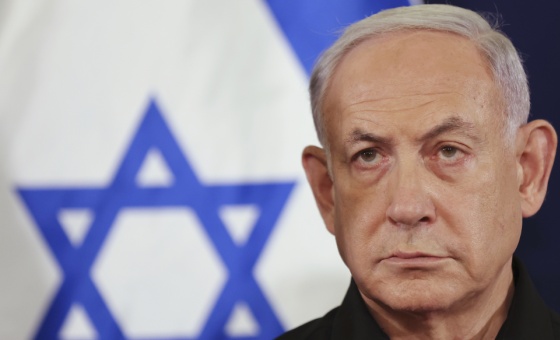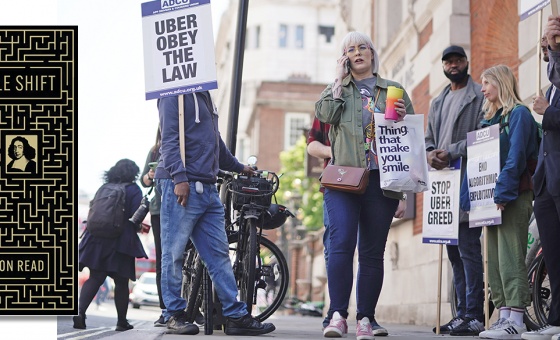This is the last article you can read this month
You can read more article this month
You can read more articles this month
Sorry your limit is up for this month
Reset on:
Please help support the Morning Star by subscribing here
SAUDI Arabia came under fire yesterday for putting prominent women’s rights activist Loujain al-Hathloul on trial on terror charges, nearly three years after her abduction by the country’s intelligence services.
The hearing, held behind closed doors, came with just 24 hours’ notice after the much-delayed case was transferred to a secretive Saudi terrorism court.
No information on the trial had been made public before the Morning Star went to press.
Supporters across the world sent messages of solidarity, urging the Saudi authorities to release Ms Hathloul immediately.
Her ordeal began in April 2018, when she was kidnapped by Saudi forces who pulled her over while she was driving between Dubai and Abu Dhabi, and then taken by plane to Riyadh.
For the first 10 months of her imprisonment, Ms Hathloul was not aware of the charges against her. She has since been accused of being a “traitor” and “trying to destabilise the kingdom.”
At least 11 charges have been levelled against her, including “inciting change in the political system” and “participating in calls for women’s rights against the law of the land.”
Ms Hathloul has also been accused of cyber crimes for using social media to call for an end to the male guardianship system.
Authorities also allege that she met British diplomats and human-rights organisations to discuss the situation in the reactionary Gulf kingdom.
While in prison, Ms Hathloul has reported suffering torture, including beatings, electrocution and a threat of rape by senior Saudi officials.
She has reportedly been offered release on condition that she records a video denying that she has been tortured.
Yesterday, her sister Lina al-Hathloul said: “It’s Human Rights Day today and the bravest human-rights defender I know, Loujain al-Hathloul, is being tried before a terrorism court in Saudi Arabia at this very moment.”
Saudi officials rejected calls to free Ms Hathloul and at least 12 other women when pressured to do so during the recent virtual G20 summit hosted by Riyadh, saying that they would not be lectured by others.
The activist was denied contact with her family for months until a brief court appearance in November. The previous month, Ms Hathloul went on hunger strike in protest at her treatment.
“Loujain was on a hunger strike for two weeks, during which she was checked on regularly,” her sister said. “After the two weeks, they began waking her up every two hours at night.
“It exhausted her psychologically. She said she had horrible nightmares and therefore broke her hunger strike.”
The trial continues.












